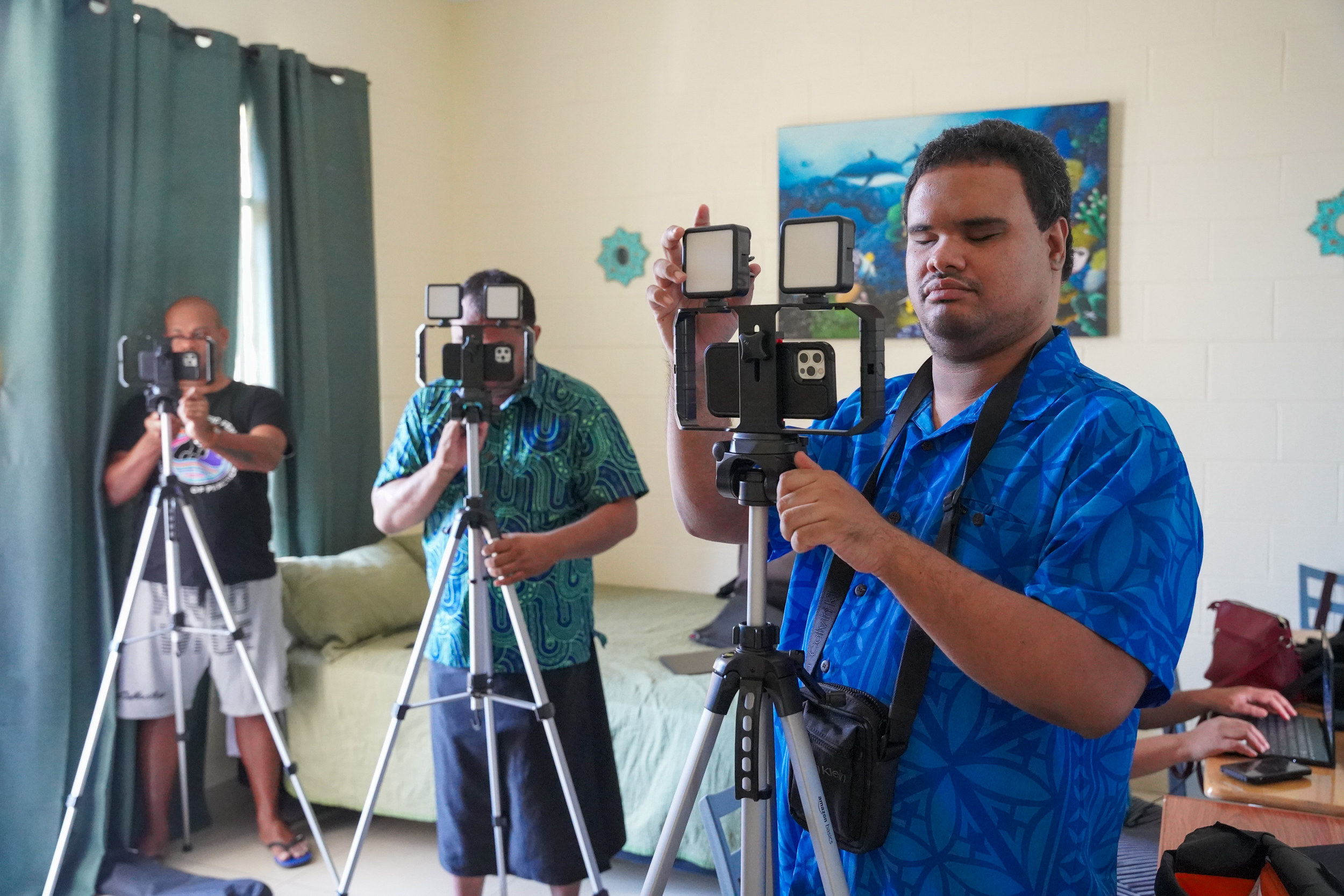
News
Capturing Vision Through Sound and Touch
Disability Justice Project Fellows Harness iPhone Technology to Spotlight Climate Crisis in the Pacific
September 11, 2024
Last year, the Disability Justice Project (DJP) trained Indigenous activists with disabilities from the Pacific on the iPhone camera to create a documentary series on disability and climate change. With VoiceOver, the iPhone provides image descriptions for blind and low-vision filmmakers and feedback on whether a subject is in focus. “If you think about it, it doesn’t make sense for a blind person to use a camera,” says DJP filmmaker Ari Hazelman. “The iPhone gives you more avenues to tell your story in a more profound way as a blind person.”
The Pacific region is among the most impacted in the world by climate change. Among its low-lying islands, there is no escape from the rising sea and no refuge from extreme weather events. Pacific activists are pushing for more inclusive warning systems for weather emergencies and more accessible evacuation centers. They want to be considered and involved in the creation of disaster mitigation and response plans. Indigenous Pacific Islanders with disabilities are also leading the way in sustainable land management and climate adaptation, offering valuable insights that can benefit us all.
Choose the viewing experience most accessible for you:
Original Version
American Sign Language
Fijian Sign Language
Audio Descriptions
Open Captions
Descriptive Transcript
Original Version
American Sign Language
Fijian Sign Language
Audio Descriptions
Open Captions
Descriptive Transcript
Click here for a link to a descriptive transcript.
Credits:
Director & Producer: Jody Santos
Producers: Ari Hazelman | Sa Utailesolo | Faaolo Utumapu-Utailesolo
Videographers: Ari Hazelman | Des LaFave | Isoa Nabainivalu | Ruby Nabetari
Sophia Paffenroth | Sa Utailesolo | Melvina Voua
Editor: Des LaFave
Sound Mixing: Billy Wirasnik
Colorist: Justin Poirier
News From the Global Frontlines of Disability Justice
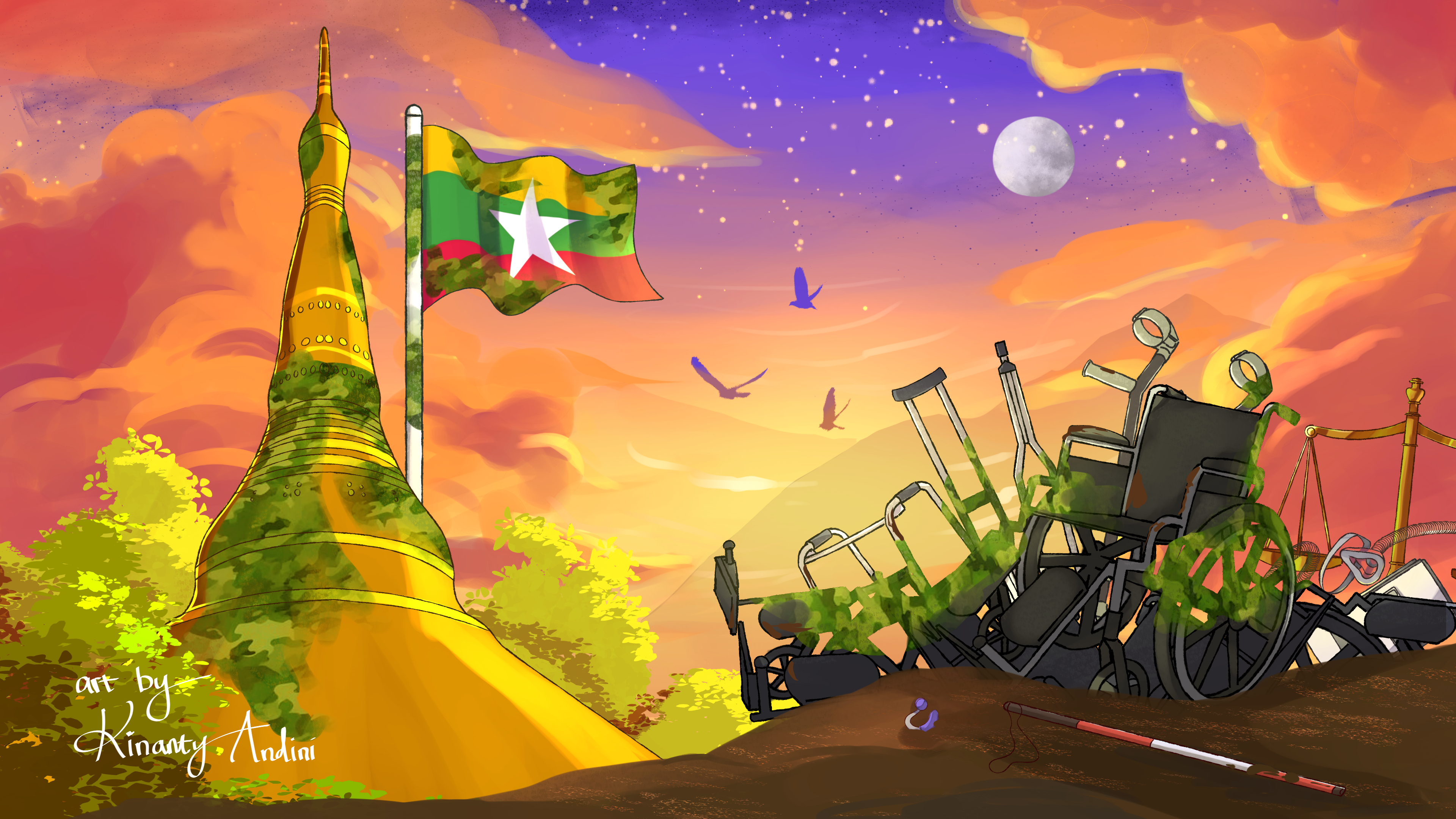
‘Everything Has Gone Back’
Before Myanmar’s 2021 military coup, disability advocates were helping shape national policy for the first time in decades. Laws expanded access to education, transportation, and public life. Today, much of that progress has collapsed. A new UN report describes a “hidden crisis,” documenting targeted violence, deadly attacks, and the exclusion of people with disabilities from warnings, aid, and services. As conflict creates new disabilities and organizations are forced underground, advocates work quietly to preserve rights that once seemed within reach.
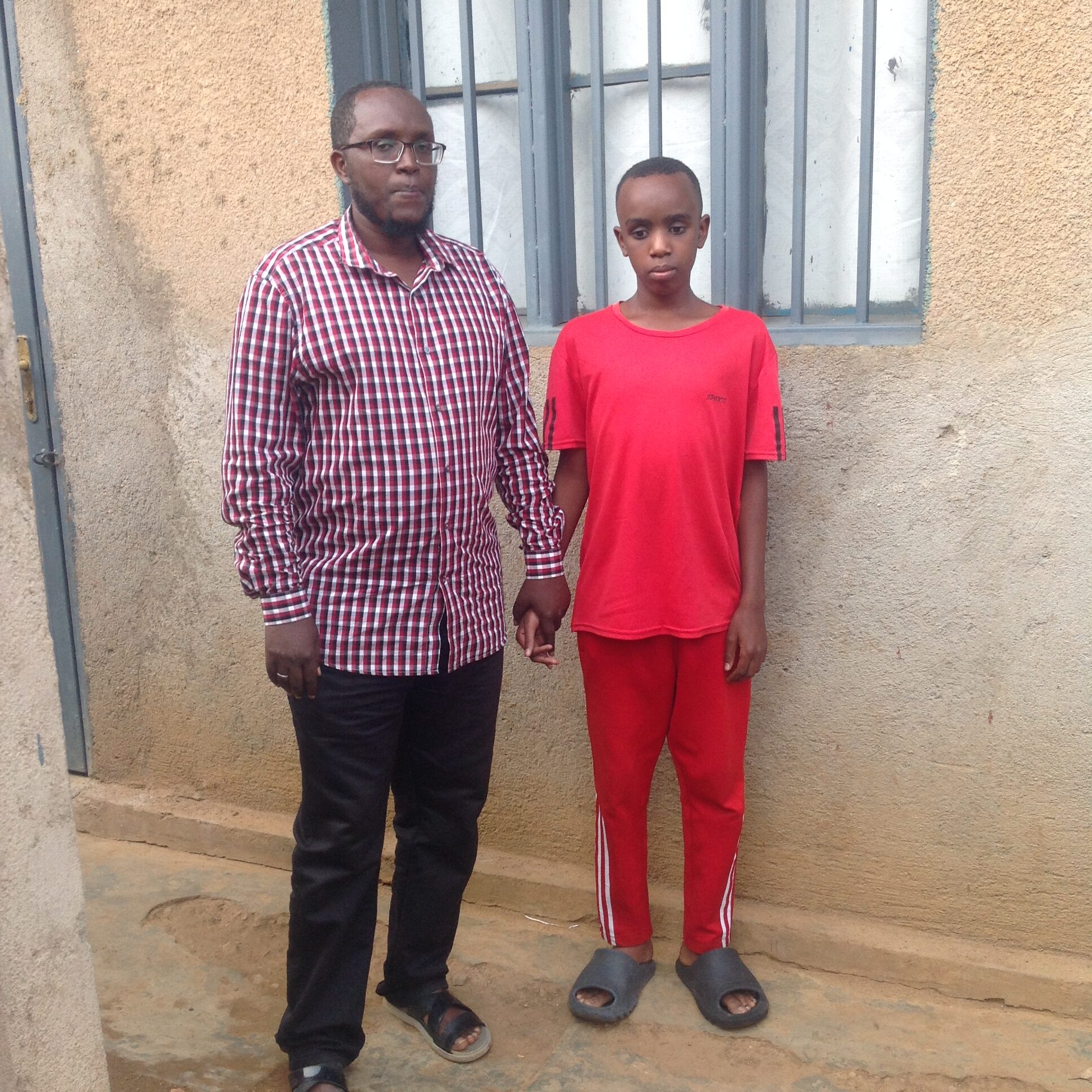
‘I Just Want to Walk Alone’
Fourteen-year-old Saifi Qudra relies on others to move safely through his day. Like many blind children in Rwanda, he has never had a white cane. His father, Mussah Habineza, escorts him everywhere. “He wants to walk like other children,” Habineza says, “He wants to be free.” Across Rwanda, the absence of white canes limits children’s mobility, confidence, and opportunity. For families, it also shapes daily routines, futures, and the boundaries of independence.
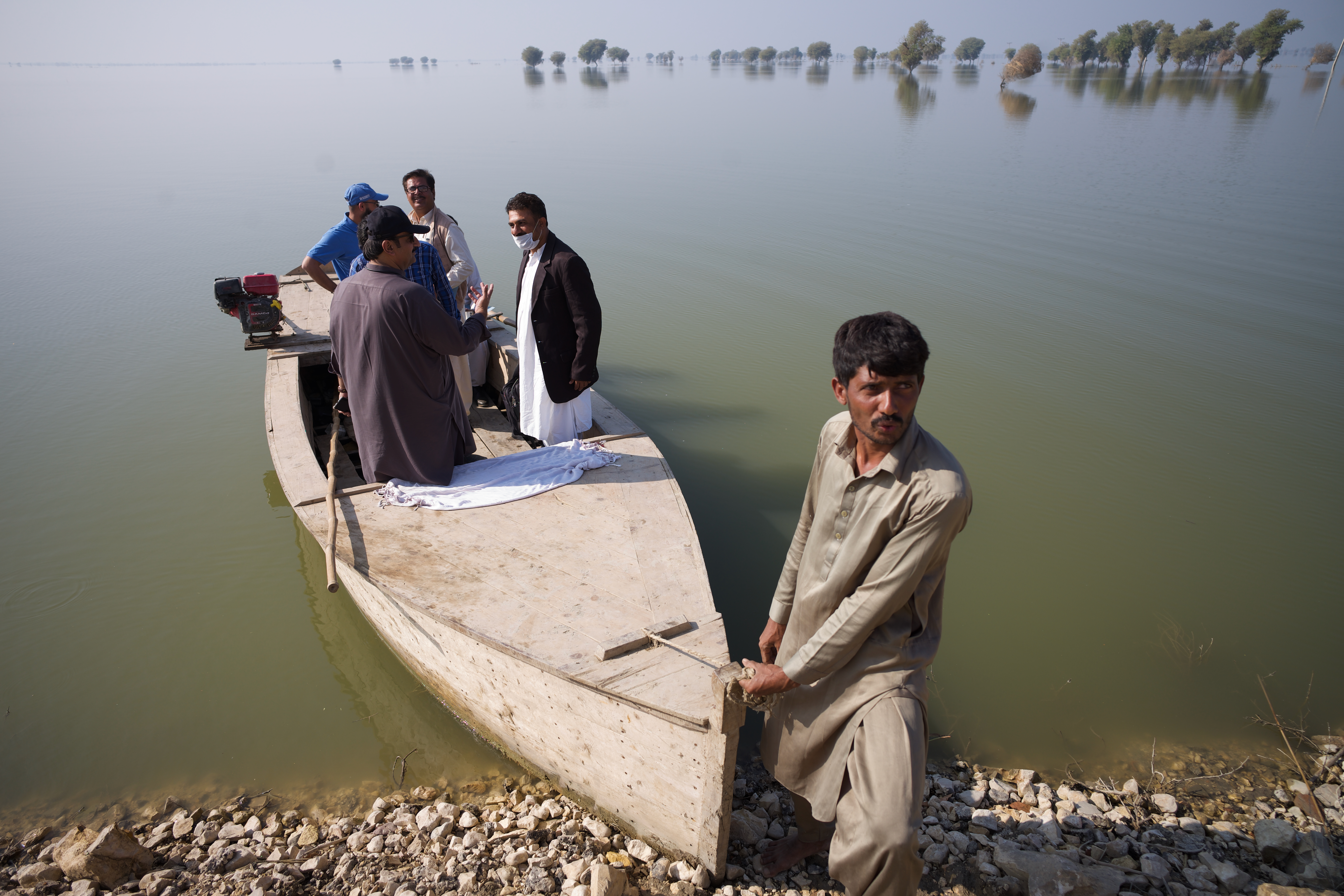
‘Evacuation Routes Are Meant for People Who Can Run’
As climate change and conflict intensify across Pakistan, emergency systems continue to exclude people with disabilities. Warning messages, evacuation routes, and shelters are often inaccessible, leaving many without critical information when floods or violence erupt. “Evacuation routes are built for people who can run,” Deaf author and policy advocate Kashaf Alvi says, “and information is broadcast in ways that a significant population cannot access.”
Read more about ‘Evacuation Routes Are Meant for People Who Can Run’
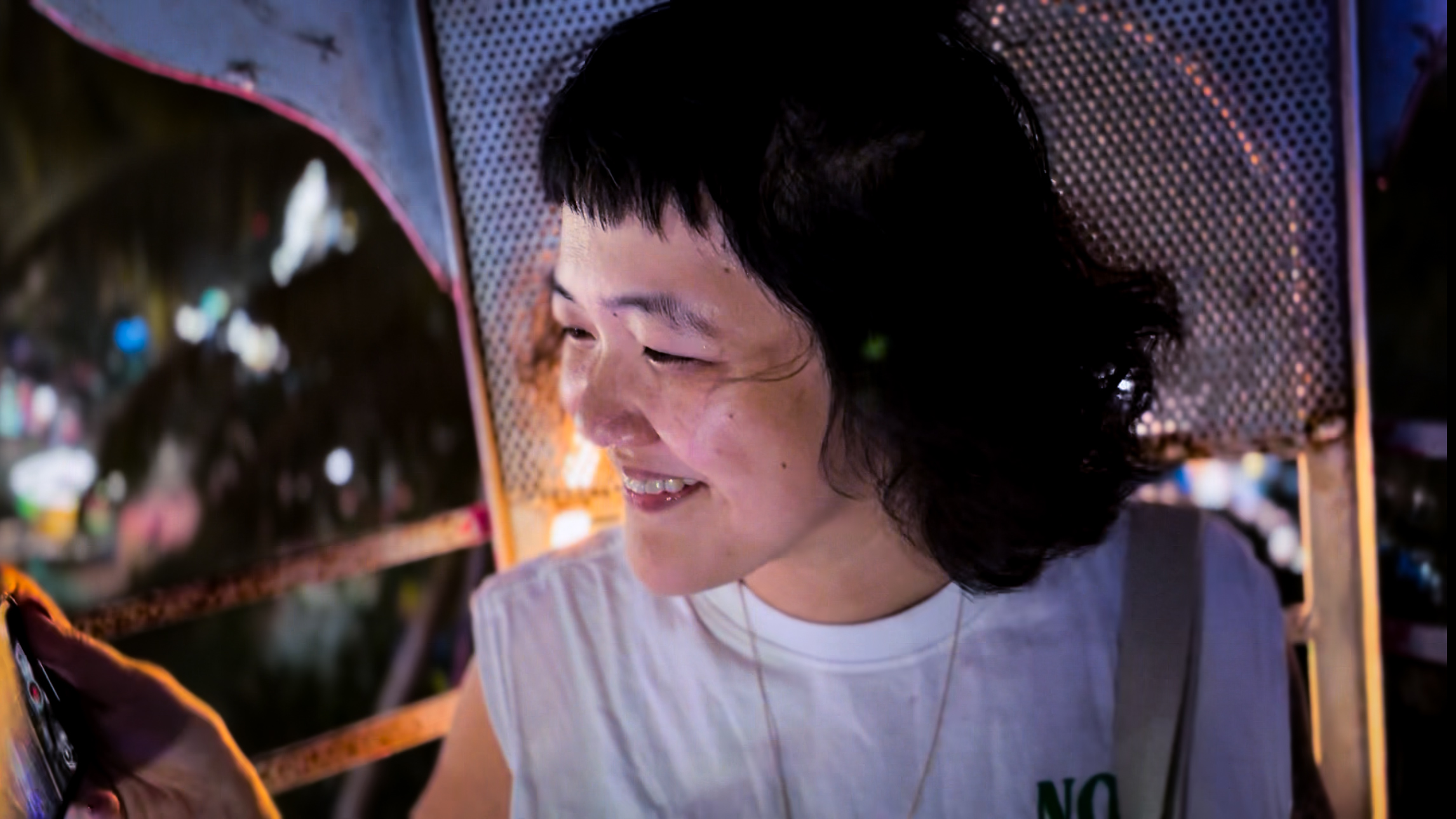
Autism, Reframed
Late in life, Malaysian filmmaker Beatrice Leong learned she was autistic and began reckoning with decades of misdiagnosis, harm, and erasure. What started as interviews with other late-diagnosed women became a decision to tell her own story, on her own terms. In The Myth of Monsters, Leong reframes autism through lived experience, using filmmaking as an act of self-definition and political refusal.
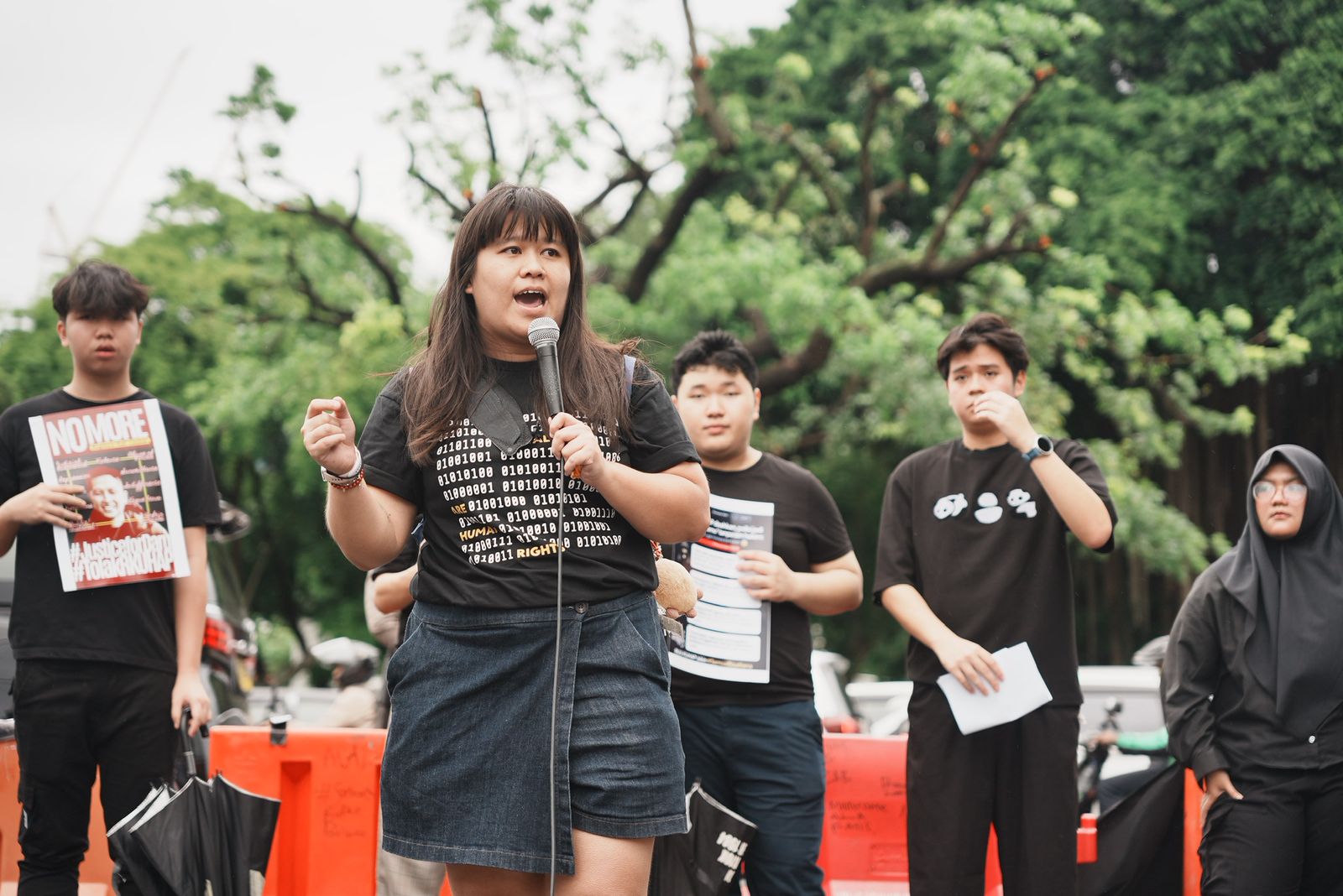
Disability and Due Process
As Indonesia overhauls its criminal code, disability rights advocates say long-standing barriers are being reinforced rather than removed. Nena Hutahaean, a lawyer and activist, warns the new code treats disability through a charitable lens rather than as a matter of rights. “Persons with disabilities aren’t supported to be independent and empowered,” she says. “… They’re considered incapable.”

Disability in a Time of War
Ukraine’s long-standing system of institutionalizing children with disabilities has only worsened under the pressures of war. While some facilities received funding to rebuild, children with the highest support needs were left in overcrowded, understaffed institutions where neglect deepened as the conflict escalated. “The war brought incredibly immediate, visceral dangers for this population,” says DRI’s Eric Rosenthal. “Once the war hit, they were immediately left behind.”